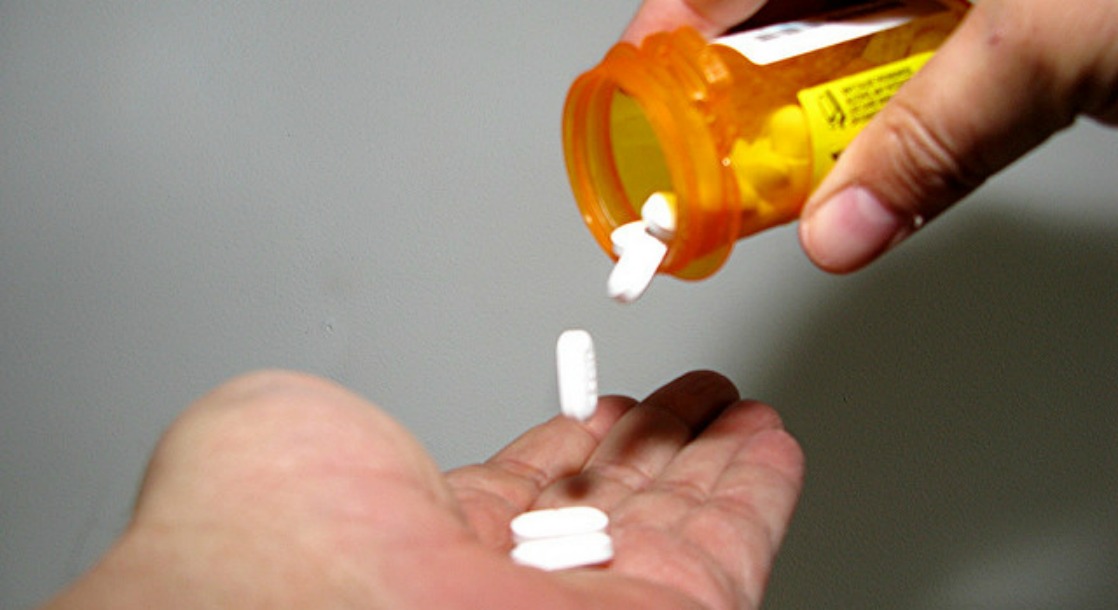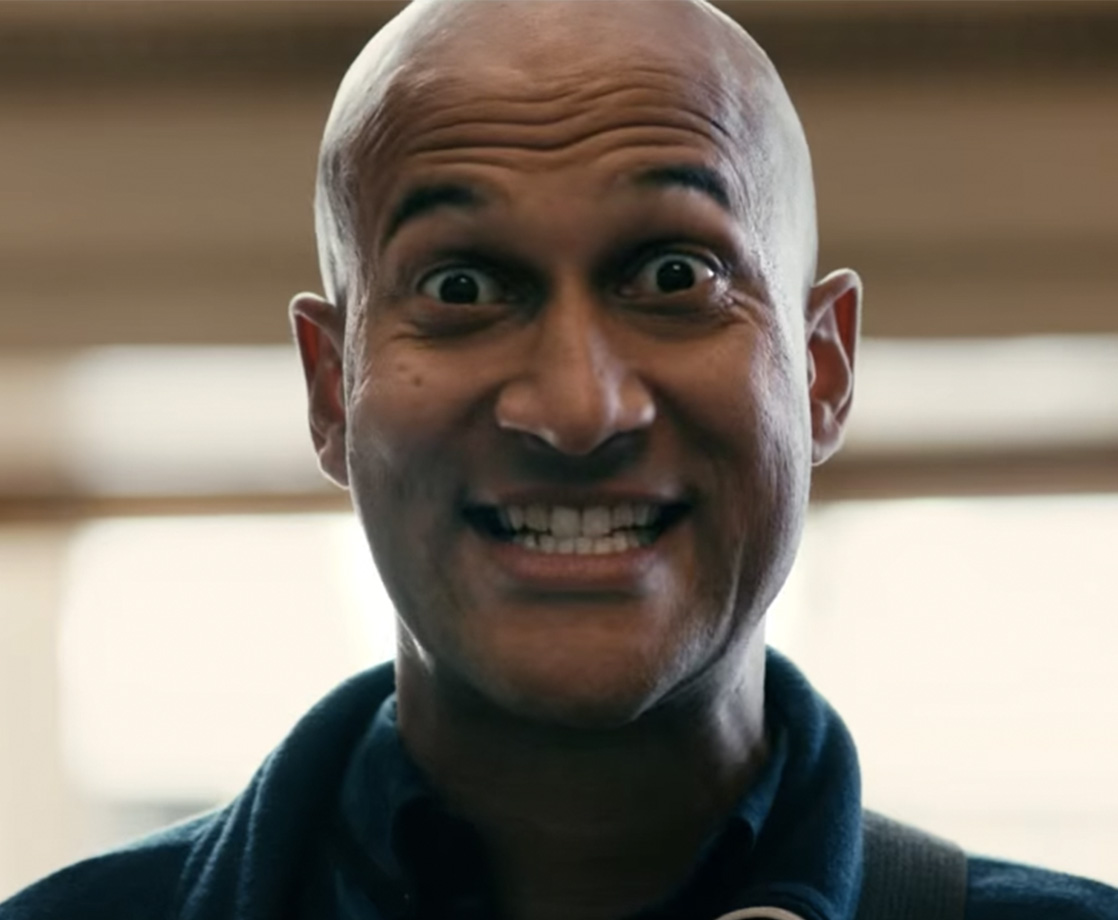Donald Trump is hard on drugs. At least that’s the image he tried to portray on his way to the White House, where at every rally and speech, the teetotaling businessman ranted and raved about the nation’s opioid epidemic. He talked about the need for law and order to stop the flow of drugs coming across American borders, but also about increased care and treatment for the millions of addicts struggling to live their everyday lives.
According to the New York Times, the panel appointed by the president to give recommendations about solutions to the opioid epidemic has just now finally held their first meeting, five months after Trump took office. Led by New Jersey Governor Chris Christie, and was joined by Trump’s questionably qualified son-in-law and senior adviser Jared Kushner, White House counselor and cable news talking head Kellyanne Conway, health and human services secretary Tom Price, and a number of bipartisan state lawmakers, the commission is just starting to address an issue that addiction experts say is, in some ways, too far gone.
“There really isn’t anything this commission is going to figure out that we don’t know already,” Dr. Andrew Kolodny, director of opioid policy research at Brandeis University told the Times. “What we need is an enormous federal investment in expanding access to addiction treatment, and for the different federal agencies that have a piece of this problem to be working in a coordinated fashion.”
So far, the president who can’t stop sub-tweeting his enemies has done little to stem the tide of opioid overdoses, but has instead pushed a health care bill that threatens to dismantle medicaid, the federally funded program that does the most in terms of hands on addiction treatment. Instead, Trump’s budget allocates an additional $103 million to Jeff Sessions and the Department of Justice for the explicit purpose of fighting illicit drug imports.
It was not reported whether or not the addiction panel discussed medical marijuana as a tool to curb opioid abuse.
Still, the need for a medical approach instead of a criminal justice hard-line was echoed by members of the president’s opioid panel, with Trump Care’s proposed medicaid cuts coming front and center.
“It is the elephant in the room,” Patrick Kennedy, the former Democratic congressman from Rhode Island, said. “It is the largest provider of coverage for people with mental illness and addiction in this country, so we have to mention the fact that any repeal of Medicaid is a repeal of coverage we currently have out there.”
And while the panel is set to make recommendations to the president in an interim report by the end of June and submit a full report by October 1st, critics worry that the slow start has already hindered any benefits the commission could have carried, leaving some addiction experts to ask the same question Trump asked of his supporters at New Hampshire rally just weeks before he won the election – “What’s taking so long?”











